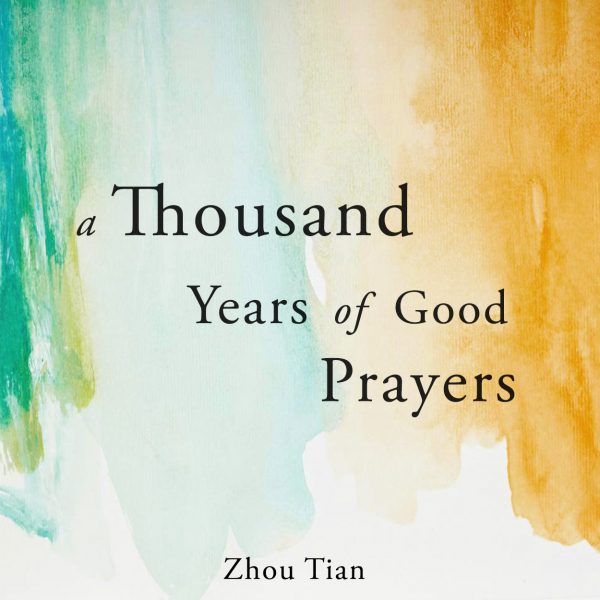
A Thousand Years of Good Prayers
(2009) | 9 minutes
SCORING 3(picc) . 3(corA) . 3(Eb.Cl) . 3(cbn) / 4331 / timp / 3 perc: vibraphone, suspended cymbal, crash cymbal, tamtam, bass drum / hp / cel. / str
REDUCED SCORING 2 . 1 . corA . 2 . 2 / 4231 / timp / 2 perc (2nd opt.)/ hp / pno (opt.) / str
PREMIERE
10 October 2009, Weidner Center, Green Bay, WI. The Green Bay Symphony, Christoph Campestrini, conductor.
SAMPLE PAGE | RENTAL |
PURCHASE SCORE (full Instrumentation) |
PURCHASE SCORE (reduced Instrumentation)
Listen
Programme Note
The inspiration of “A Thousand Years of Good Prayers” (千年敬祈)came from an old Chinese proverb under the same title. It roughly means that a good relationship takes a thousand years of good prayers to bring about. As a composer I was fascinated by this story-like idea from an ancient time, and I wanted to create a piece to convey a sense of spiritual blessing. The work opens with a thunderous bass drum hit and soaring melodic lines from the French horns, before unfolding into a walking pace with layers of expanded orchestration. As the music rises and falls, the layers are thinned out gradually. In the end, the piece reaches a strong sense of transparency and clarity. The opening materials are then returned in an unfamiliar way. I regard the piece as a musical journey. It goes from a somewhat rough start to a simple, harmonious closure.
“A Thousand Years of Good Prayers” was commissioned and premiered by the Green Bay Symphony Orchestra, conducted by Christoph Campestrini.
©Zhou Tian
“A Thousand Years of Good Prayers” was awarded The Indianapolis Symphony Orchestra Glick Award in 2010.
Reviews
“The first half of the evening [at the Houston Symphony] was an unqualified success. Zhou Tian’s attractive A Thousand Years of Good Prayers effectively communicated the goals of the composer, which he eloquently and succinctly described from stage. The simplicity of the piece’s was what made it so appealing. The horns proclaim a disjunct melodic statement at the beginning of the work, featuring dissonant leaps and sharp dotted rhythms, and, over the ensuing ten minutes, Zhou proceeds to gradually smooth over these rough edges, ending in a serene cushion of string sound.
Zhou’s harmonic language and orchestration mix Ravel and Barber with a hint of his native China, albeit without the edgy grit of Chen Yi or flamboyant theatricality of Tan Dun. Still, the piece feels first and foremost like an honest musical utterance, which is important in today’s day and age. Unabashedly tonal, with a true sense of tension and resolution, the arc of the piece convinces through and through. This is an impressive essay from a 30-year old composer, and Zhou Tian is certainly a compositional voice to watch. This was the one work where Koenig seem to bask in the sheer color of the orchestra, letting phrases linger nicely. The orchestra played with complete conviction and respect for a new score.”
—ConcertoNet
“An exquisite piece”
—Tom Alvarez, Examiner.com
“Zhou Tian’s evocative tone poem inspired by an ancient Chinese proverb…began with striking drum rolls and brass fanfares. Then, it moved through dramatic expressions of yearning woodwind figures against throbbing strings, gradually reaching its intended Zen-like state of spiritual bliss.”
—Houston Chronicle